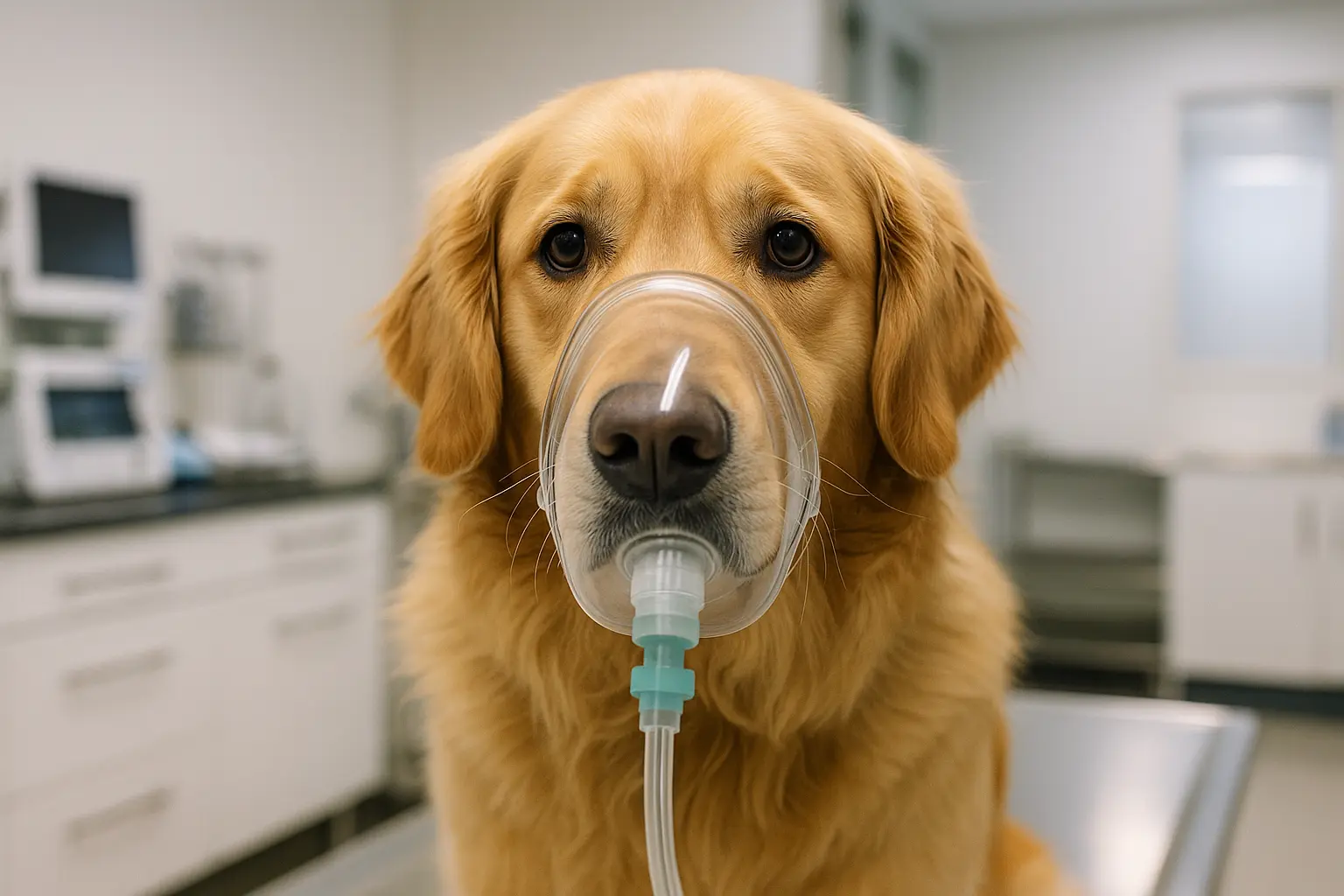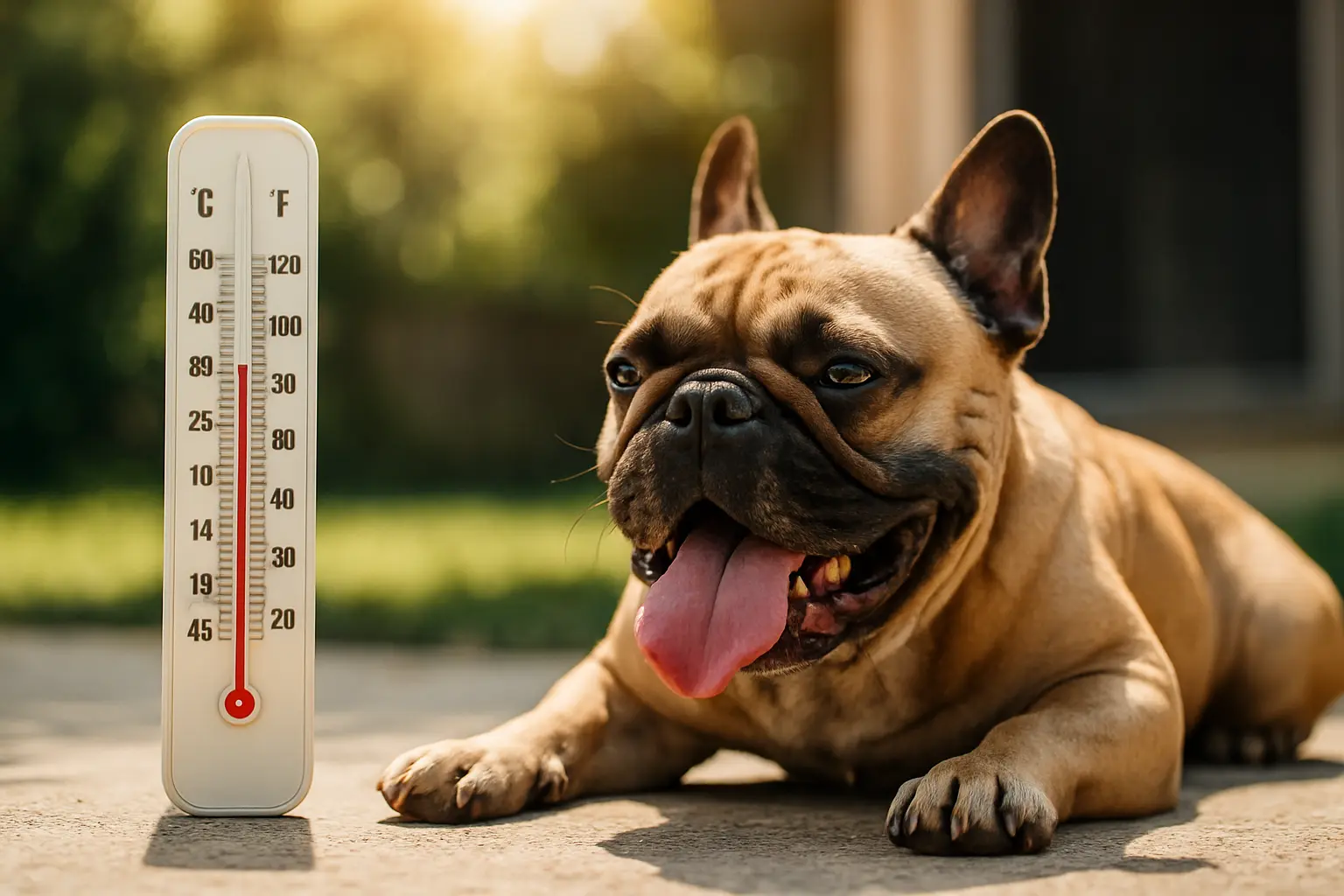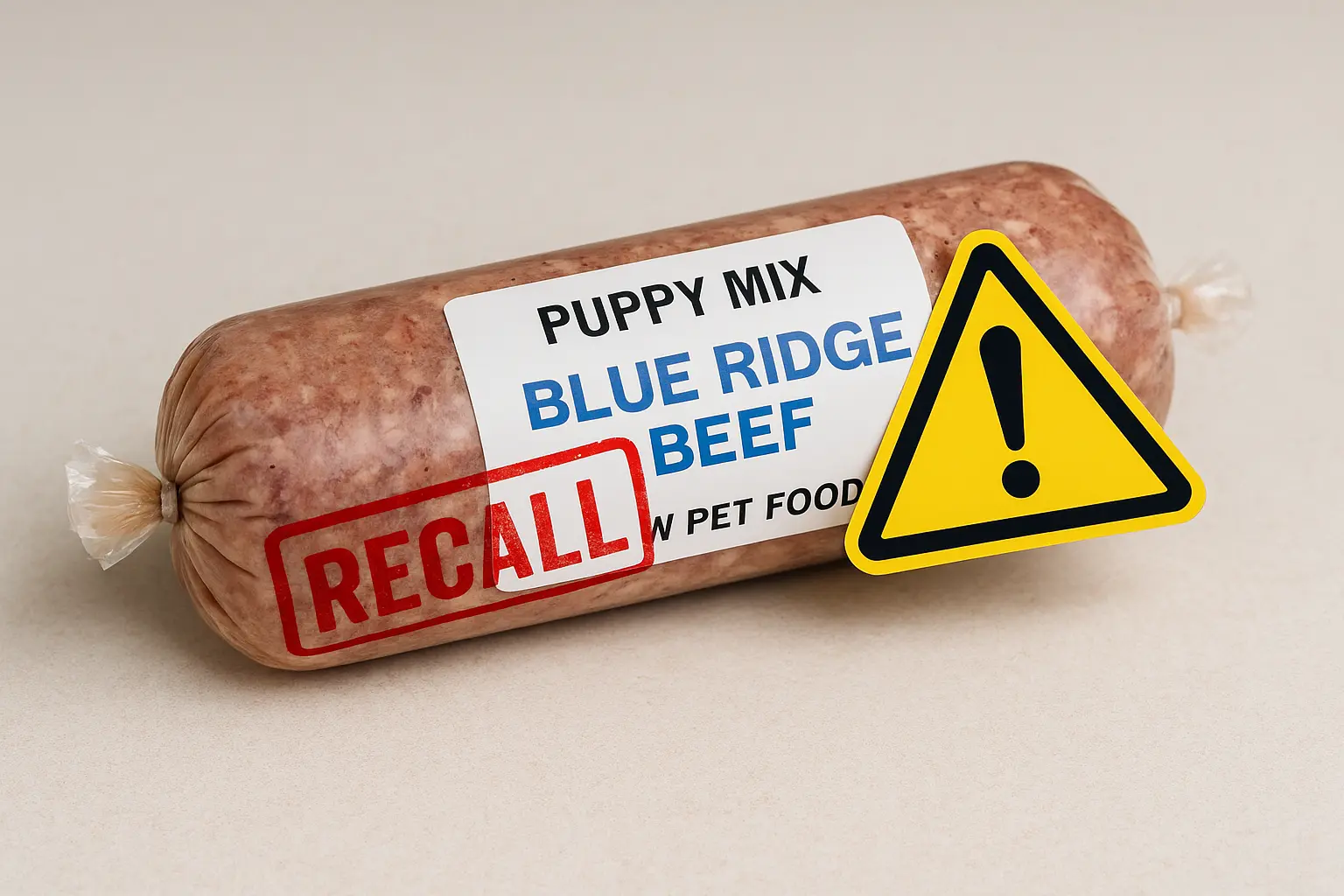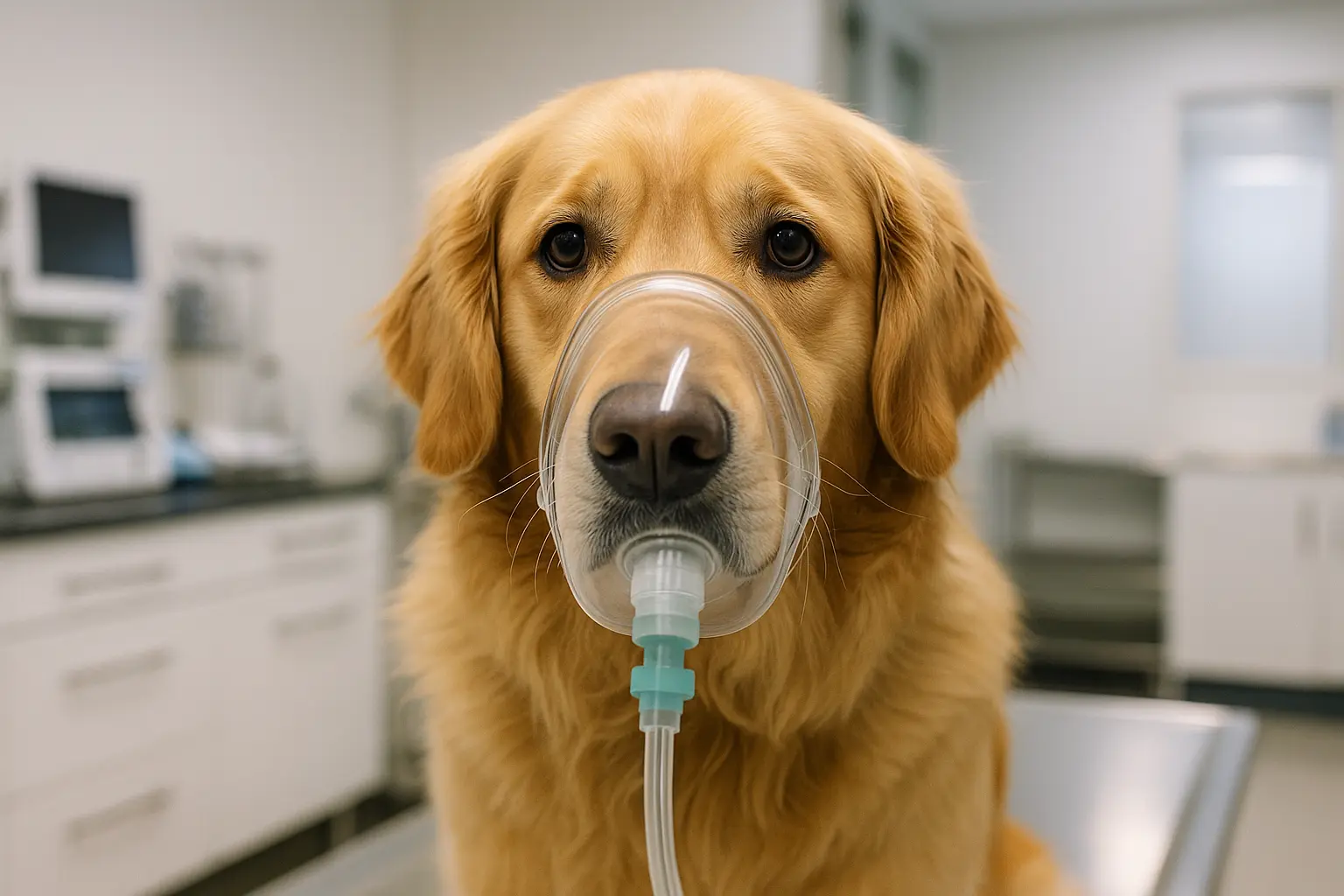Mystery Dog Respiratory Illness Spreads in Georgia

Veterinarians across Georgia are reporting a sharp rise in cases of a mysterious canine respiratory illness that has dog owners on high alert. The Georgia Veterinary Medical Association (GVMA) has confirmed hundreds of suspected cases since February 2025, with clusters forming around Macon, Savannah, and the Atlanta metro area. Dogs exhibit hacking, "whooping" coughs, fevers, and extreme lethargy. Early findings suggest this illness resists first-line antibiotics and can escalate rapidly to pneumonia if untreated.
What Is the Mystery Illness?
The condition is suspected to be an atypical form of Canine Infectious Respiratory Disease Complex (CIRDC). Unlike routine kennel cough, often caused by Bordetella bronchiseptica or parainfluenza virus, this strain frequently yields negative PCR test results. This complicates treatment, leaving veterinarians to treat symptomatically while researchers work to identify the pathogen.
Where and How Fast Is It Spreading?
Confirmed and highly suspected cases are appearing across more than 20 counties. Hot spots include:
- Bibb County (Macon): 50+ cases from three large veterinary practices
- Chatham County (Savannah): Over 40 cases, including shelter dogs
- Fulton & DeKalb (Atlanta): Temporary closures at some doggy daycares following outbreaks
The illness spreads quickly through airborne droplets, meaning brief encounters at dog parks, groomers, or shared water bowls may be enough to transmit it.
Key Signs & Symptoms to Watch For
- Persistent, honking cough lasting longer than 5–7 days
- Noticeable lethargy and lack of enthusiasm
- Thick nasal or ocular discharge
- Fever exceeding 102.5°F (39.2°C)
- Loss of appetite or difficulty breathing
If your dog develops any combination of these symptoms, prompt veterinary care is essential to avoid complications.
How Veterinarians Are Treating It
Most veterinarians begin treatment with broad-spectrum antibiotics like doxycycline or azithromycin, along with supportive care such as cough suppressants, anti-inflammatories, and, in severe cases, oxygen therapy. Dogs struggling to breathe may require chest X-rays to assess for pneumonia and intensive hospitalization.
Prevention Tips for Dog Owners
- Delay non-essential boarding, daycare, and grooming appointments.
- Keep up with vaccines for Bordetella, canine influenza (H3N2 & H3N8), and parainfluenza.
- Skip crowded dog parks and events for now.
- Use a six-foot leash distance when passing other dogs.
- Disinfect toys, bowls, leashes, and crates regularly.
Minimizing exposure now could prevent serious illness later.
What Public Health Officials Are Doing
The University of Georgia’s Veterinary Diagnostic Laboratory is actively sequencing samples to identify the agent behind the outbreak. Officials urge pet owners to remain calm, as the majority of dogs recover fully with prompt care and appropriate treatment.
Bottom Line
This emerging respiratory threat highlights the importance of quick action, proactive veterinary care, and smart social practices for pet safety. If your dog begins coughing or acting abnormally, don't wait — contact your vet immediately and take steps to prevent further exposure. Staying vigilant can make all the difference for your furry friend.








